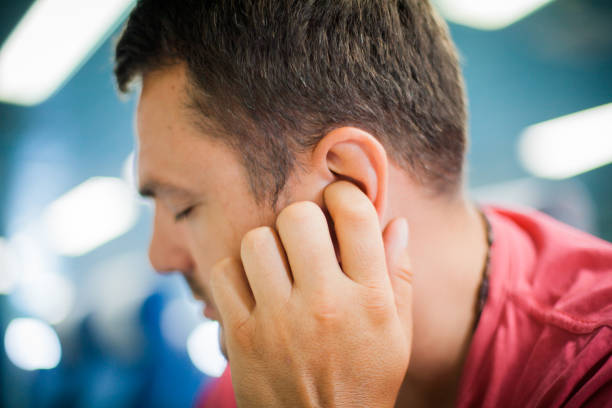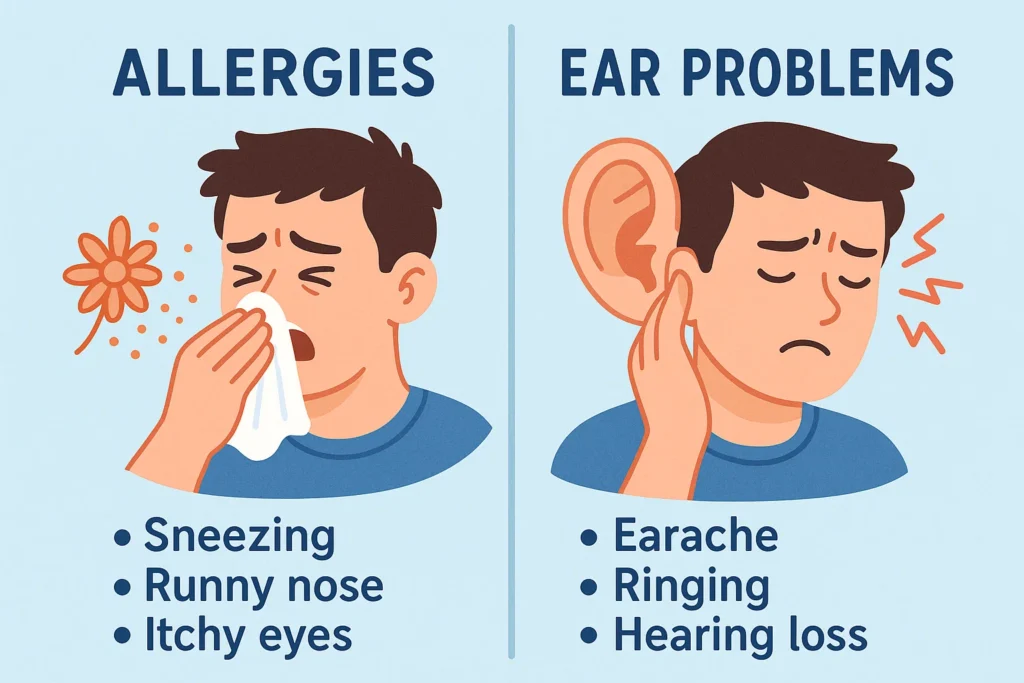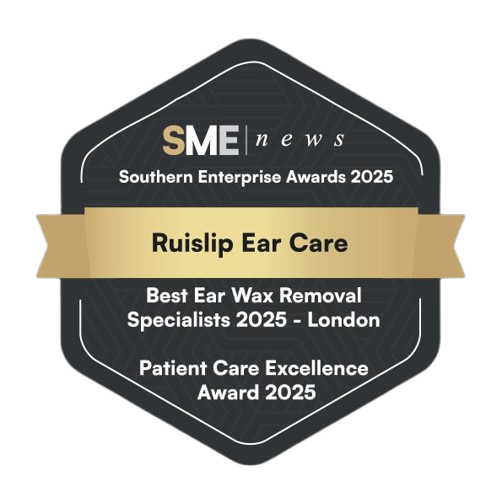The Link Between Allergies and Ear Problems
Allergies affect millions of people worldwide, causing symptoms ranging from sneezing and itchy eyes to sinus pressure and fatigue. But did you know that allergies can also impact your ears? Allergic reactions can contribute to ear pain, fluid buildup, hearing loss, and even chronic ear infections. Understanding the connection between allergies and ear problems is crucial for preventing discomfort and maintaining healthy hearing.
In this article, we’ll explore how allergies affect the ears, the symptoms to watch for, and strategies to reduce risks and manage ear problems caused by allergies.

How Allergies Affect Your Ears
When you have allergies, your immune system overreacts to harmless substances like pollen, dust, or pet dander. This triggers inflammation in the nasal passages and sinuses, which can extend to the Eustachian tube — the small passage connecting the middle ear to the back of the throat.
Why it matters:
Inflammation and swelling in the Eustachian tube can block fluid drainage from the middle ear.
Blocked fluid creates pressure, pain, and a breeding ground for infections.
Chronic allergies may lead to repeated ear infections, hearing loss, or tinnitus.
Read more at the Mayo Clinic: Allergies and ear problems
Common Ear Problems Caused by Allergies
1. Ear Pain and Pressure
Ear discomfort is one of the first signs that allergies are affecting your ears. Pressure may feel like fullness or a “plugged” sensation, often worsening when you lie down or during altitude changes (like flying).
2. Fluid in the Middle Ear (Otitis Media with Effusion)
Allergies can cause fluid accumulation behind the eardrum without infection. This condition, known as serous otitis media, can lead to:
Temporary hearing loss
A feeling of pressure or fullness
Mild discomfort
NHS: Glue ear and fluid behind the ear
3. Recurrent Ear Infections
When fluid persists due to allergies, bacteria or viruses may take hold, causing middle ear infections (otitis media). Symptoms may include pain, fever, and drainage.
4. Itchy Ears
Allergies can trigger itching in the outer ear canal, often accompanied by redness or irritation. Scratching or using cotton buds can worsen the problem and even lead to infection.
5. Tinnitus (Ringing in the Ears)
Inflammation and fluid caused by allergies may contribute to tinnitus, which manifests as ringing, buzzing, or humming in the ears.
Symptoms to Watch For
If you have allergies and notice any of the following, it may indicate ear involvement:
Persistent ear pressure or fullness
Ear pain without obvious infection
Temporary hearing loss
Fluid or discharge from the ear
Frequent popping or clicking sounds
Itching in the ear canal
Ringing or buzzing sounds (tinnitus)

How to Prevent Allergy-Related Ear Problems
1. Manage Allergies Effectively
Take prescribed antihistamines or allergy medications.
Use nasal sprays to reduce inflammation and keep the Eustachian tube clear.
Identify and avoid allergens such as pollen, dust mites, and pet dander.
2. Maintain Ear Hygiene
Avoid cotton buds or inserting objects into your ear canal.
Consider professional earwax removal if wax build-up is contributing to blockage.
3. Monitor Symptoms and Seek Help
If ear symptoms persist despite allergy management, consult an ENT specialist.
Early intervention can prevent complications like chronic infections or hearing loss.
Treatment Options for Ear Problems Linked to Allergies
Depending on the severity, treatment may include:
Allergy medications: Antihistamines, decongestants, or corticosteroid nasal sprays.
Ear drops or microsuction: To remove wax or fluid safely.
Tympanostomy tubes: For children with recurrent fluid build-up or infections.
Lifestyle changes: Reducing allergen exposure in the home environment.
WebMD: Allergies and Ear Infections
When to See a Doctor
Seek professional care if you experience:
Severe or persistent ear pain
Hearing loss or muffled hearing
Fluid or pus from the ear
Dizziness or balance issues
Frequent infections or worsening allergy symptoms
Early evaluation by a specialist can prevent complications and improve your overall ear health.
Final Thoughts
Allergies don’t just affect your nose and throat—they can have a significant impact on your ears. From fluid buildup and ear pressure to recurrent infections and tinnitus, allergy-related ear problems are common but often overlooked.
At Cleaner Ears, we specialize in safe, professional ear care, including microsuction and earwax removal. If you’re experiencing ear discomfort related to allergies, don’t ignore the signs—schedule an appointment with our expert team to protect your hearing and prevent long-term issues.

